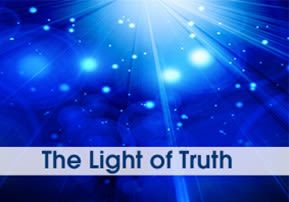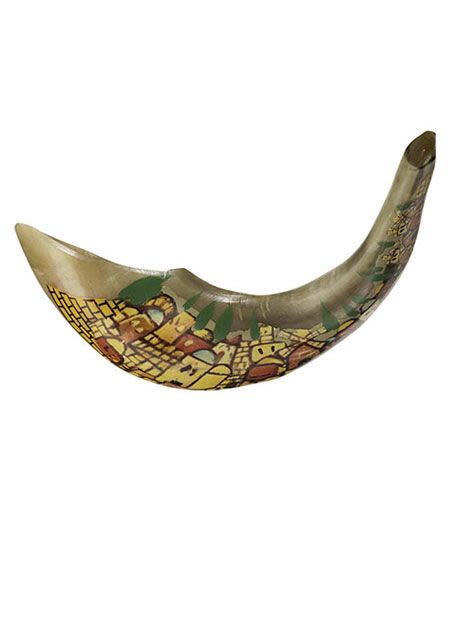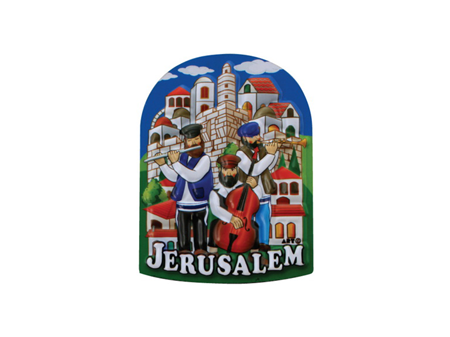
Hitbodedut: The Light of Truth
As such, any speech – even prayer – that’s devoid of gratitude is flawed with falsehood. One might ask, what’s false about it? The answer is simple…

Translated by Rabbi Lazer Brody
In Forest Fields, Part 43
The evil inclination incites a person to cut his expressions of gratitude short and to begin praying for salvation from his problems. People often feel a greater need to yell out to Hashem and plead for relief from their troubles than they do to say thank-you for their blessings in life. Yet, expressions of gratitude are much more conducive in arousing Divine compassion than tears, because the catalyst of a person’s troubles in the first place is ingratitude.
Rebbe Natan writes (Likutei Halachot, Prika V’tina 4), that a person’s difficulties in life stem from the fact that he doesn’t believe that everything is for the best. He sees occurrences that he doesn’t understand and he’s suspicious that Hashem is guilty of injustice, Heaven forbid. This feeling invokes Divine concealment and a subsequent spiritual void that is soon filled with troubles of all kinds.
Conversely, expressions of gratitude to Hashem both for life’s good and for its seemingly bad are an acknowledgment that we believe that Hashem does everything for the best. This combination of emuna and gratitude turns Divine concealment into Divine proximity. Under Hashem’s wing, troubles end and a person sees Divine salvation eye to eye. As such, emuna and gratitude are the best way to overcome our problems.

The light of truth
Rebbe Nachman teaches us an additional principle (see Likutei Moharan II:2), namely, that a person can speak the truth only if he is accustomed to giving thanks to Hashem. Expressions of gratitude cause the light of truth to be revealed and to illuminate. As such, any speech – even prayer – that’s devoid of gratitude is flawed with falsities. One might ask, what’s false about it? The answer is simple – there’s no greater falsity than thinking that Hashem doesn’t do everything for the best. So, when a person fails to thank Hashem for everything, he’s far from the truth and therefore falls into the darkness of Divine concealment.
Darkness and unholy influences (kelipot) surround a person when he begins to pray and do their best to prevent him from praying or at least to rob him of his intent during prayer (ibid. I:9). Rebbe Nachman says that the solution to this is to speak a few words with truth and intent, so that these few words will illuminate the darkness. Gratitude enables a person to utter those few truthful words, which create an opening to escape from the darkness.
Why did You make things worse?
Hashem sent Moses to demand that Pharaoh free the Children of Israel from bondage. The immediate result of Moses’s confrontation with Pharaoh resulted in a worsening of conditions for the Israelite slaves. The two infamous troublemakers Dothan and Aviram insolently protested that Moses did more damage than good. (Exodus 5:21). Moses then turned to Hashem in an apparent bitter complaint, “Why have You made made things worse for this nation, why did you send me? (ibid. 22).
Could it be that Moses sided with the evil Dothan and Aviram by doubting that Hashem does everything for the best? Definitely not! Moses protested the fact that Dothan and Aviram were allowed to weaken the emuna of their brethren, and thereby delay their redemption from bondage. For, as Rebbe Natan teaches, a person’s difficulties in life stem from the fact that he doesn’t believe that everything is for the best. In retrospect, we know today that Moses’s confrontations with Pharaoh played a big part in the redemption process. But, by Dothan and Aviram’s denial that Hashem does everything for the best, Moses was worried that the entire redemption process would be delayed. In fact, Rebbe Natan writes emphatically that the Dothan and Aviram of every generation prolong exile and Diaspora.
At any rate, Hashem chastised Moses for asking, “Why have You made made things worse?” Everything – with no exceptions – is for the ultimate and absolute benefit of every creation. Therefore, no matter how dire or difficult one’s predicament or circumstance may seem, salvation lies in our expressions of gratitude and pure and simple emuna that everything is for the best. By thanking Hashem for the seemingly bad as well as for the good, He will surely redeem us and all of Israel in the nearest future.
To be continued.











Tell us what you think!
Thank you for your comment!
It will be published after approval by the Editor.